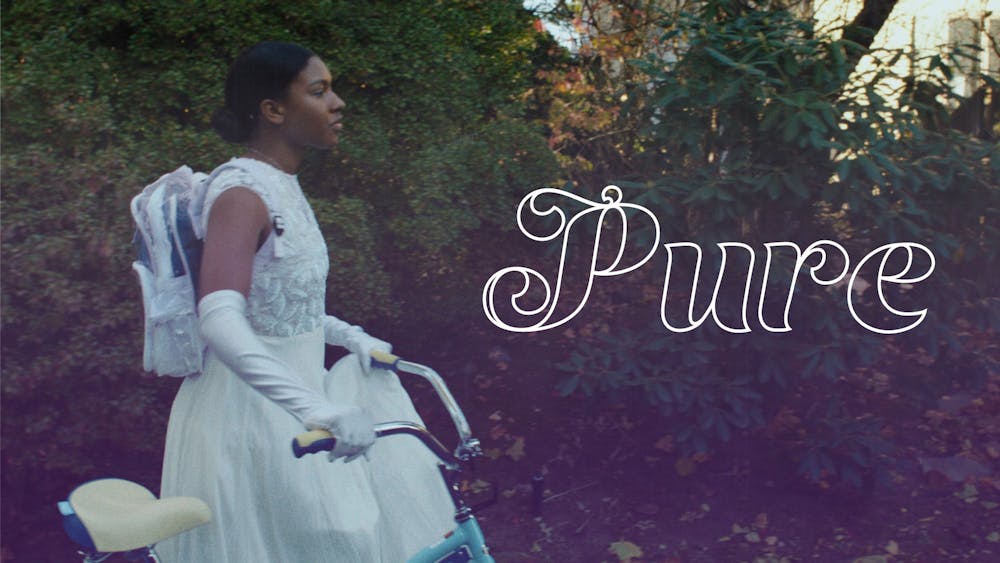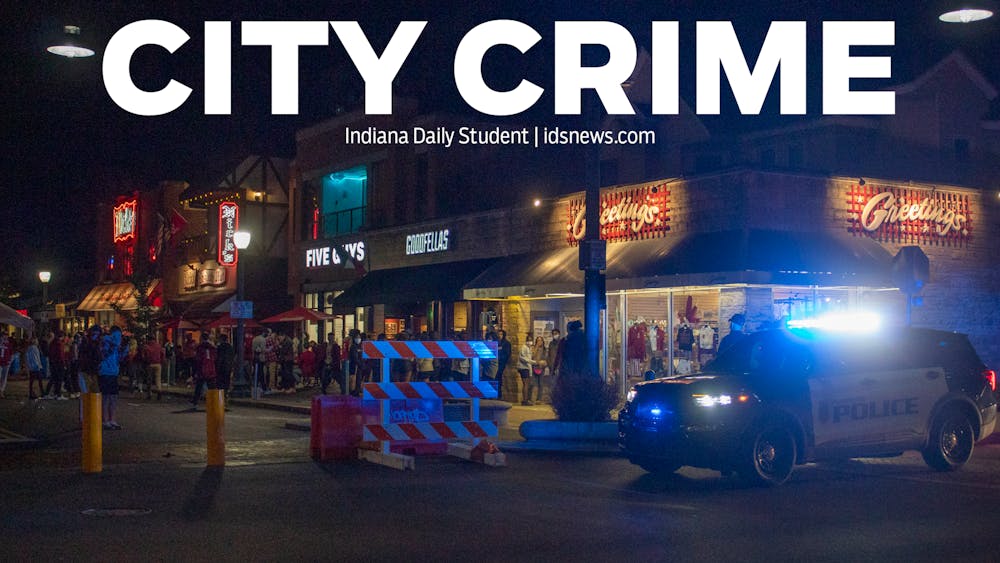“Pure” is a story of Celeste, a young, Black, closeted poet who is preparing for her cotillion, an event where the community comes together to celebrate youth and their accomplishments. As the cotillion approaches, Celeste finds herself embracing her queer identity despite being unsure of how others will react. On the eve of her cotillion, Celeste has an unexpected experience with a love interest that alters her life and her traditional role in the cotillion.
In honor of Black History Month, “Pure” was added to the streaming service, HBO Max.
Mikayla Lashae Bartholomew, who was recently in the King Richard biopic, starred in the film accompanied by Jacob Daniel Smith and Josca Moore. Natalie Jasmine Harris, a Black queer filmmaker wrote and directed the film.”
Harris first became interested in filmmaking while attending protests that arose after the death of Trayvon Martin.
“I would go to protest on weekends, and I would take a camcorder that I had with me and record things that were going on and try and document the movement,” Harris said. “I started making the video clips into short documentaries. That's how I first learned about storytelling in a way that was impactful and could help my communities.”
“Pure” was originally Harris’ senior thesis for New York University's Tisch School of the Arts, but it became so much more.
"At first, I was thinking about it as funny and ironic to come out at a cotillion ball, but then it became this deeper reflection of my own coming of age story,” Harris said. "I started thinking about where I was emotionally at 17 and what it felt like to not participate in something that was a tradition in my family and community like having cotillion."
Harris, who grew up in the Washington Metropolitan Area said cotillions — a way for women to find and connect with potential husbands — were a custom most teenage girls in the area participated in.
“My mom and my grandmother were both in cotillions around when they were high school, and they wanted me to follow in that same tradition," Harris said. "I remember my family and friends getting excited and brainstorming certain boys I could have as my escorts, but I never really wanted to do that.”
In a crucial part of the film, Celeste performs a spoken word poem where she talks about her sexuality, hair, and religious upbringing.
"From a young age, I was conditioned to be straight,” Celeste said in the film. “Once a week the church conditioned my heart to be straight. I am beginning to know how it feels to be free."
Harris said the poem Celeste performed was something she wrote when she was in high school.
"I have a stutter, so I was never really comfortable performing it,'' Harris said. "It was the first time I heard those words out loud and it was really beautiful to hear."
Usually, movies and television shows that follow queer stories and characters have sad endings where characters may suffer, die or not end up together. However, "Pure" ended positively, with Celeste and Joy, the two female main characters beaming at one another as they danced together.
“The main question I had while writing was what would I love the younger version of myself to see, and I really wanted to see something that incorporated Black joy and could make me happy,” Harris said. “It’s important to see Black girls able to have that same level of playfulness and joy and experience falling in love and being carefree.”
Harris is currently working to turn the short into a feature film. She is also making a commercial and two short films.
“With my future endeavors I hope to continue to create stories that show Black folks and queer folks what is possible for ourselves,” Harris said.






